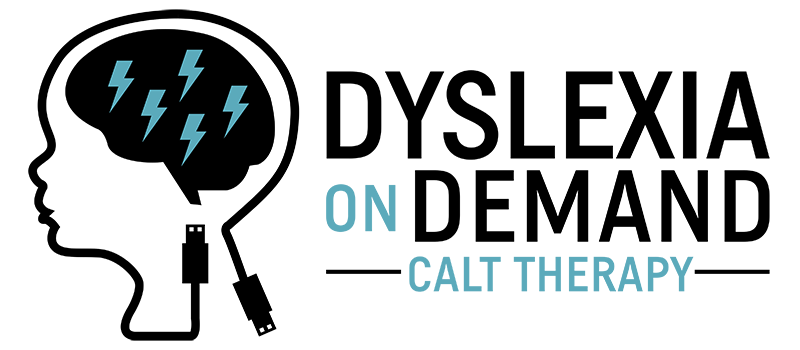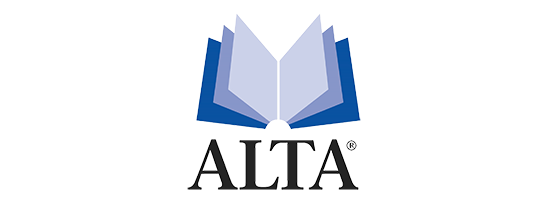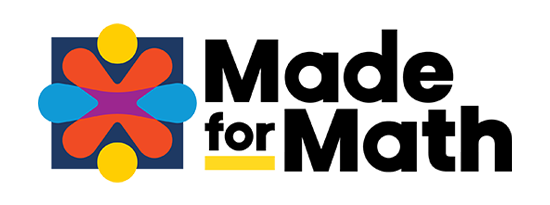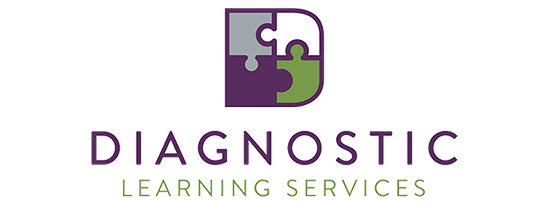
5 Frequently Asked Questions About Dyslexia Therapy
Approximately 20% of the U.S. population deals with having dyslexia, but this percentage doesn’t include the parents and family members whose lives are also affected by dyslexia. While parents of a student with dyslexia might experience things such as frustration and confusion, medical professionals of a child with dyslexia are also affected by the learning difference. There is so much to learn when it comes to dyslexia. From the nature of this disability to the best ways to help a dyslexic student or patient, it is essential to get familiar with all the available options for treatment. Read on to learn the answers to 5 frequently asked questions about dyslexia therapy.
- What exactly is dyslexia therapy? As a provider of a child with dyslexia, it is so important to know what options you have when it comes to different kinds of dyslexia help. Dyslexia therapy is a kind of personalized intervention that is aimed at improving reading, writing, and spelling skills of people with dyslexia. Unlike many other dyslexia interventions, dyslexia therapy is not a one-size-fits-all approach. Instead, it’s a tailored program that addresses the specific needs and learning style of each student.
- How is dyslexia therapy different than dyslexia tutoring? While tutoring is a more common intervention for dyslexia, it’s more of a generic term that refers to things like using computer programs or one-on-one work with a teacher or a tutor. Generally, tutoring occurs at a less frequent rate than dyslexia therapy. Typically, dyslexia tutoring is based on the academic needs of a student; that said, it tends to lack the layering and complexity that most dyslexic students need for their treatment. Dyslexia on Demand uses evidence based programming as a baseline to individualize therapy to the specific needs of each child. As a data driven program, Dyslexia on Demand takes a quantitative approach to dyslexia intervention. Dyslexia on Demand implements informational progress monitoring and communicates weekly with parents.
- Who conducts sessions? Another standout detail about dyslexia therapy is that it is administered by professionals such as a Certified Academic Language Therapists—or CALTs. These professionals are qualified to implement therapeutic grade, Orton-Gillingham-based dyslexia intervention. Dyslexia therapy can also be offered by Orton-Gillingham certified specialists. To become a CALT, one must go through rigorous training and certification through specially accredited programs that are focused on dyslexia and other language-based learning disabilities. CALTs possess a Masters Degree, and they do two years of additional study on the dyslexic brain, structured literacy, and their therapeutic craft. They also complete specialized coursework and 700 supervised clinical practicum hours which are focused on dyslexia intervention and assessment. CALTs are to pass a national board certification program, and then maintain their certification through ongoing professional development and continuing education. It’s also important to note that nationwide, there is a low CALT-to-need ratio. Dyslexia on Demand’s unique model allows therapy to reach students with dyslexia—despite their geographic location or access to CALTs.
- What are some goals of dyslexia therapy? Helping students is at the heart of dyslexia therapy. Some other major goals of this intervention include improving reading fluency and accuracy, which involves helping students to decode words more efficiently, develop smooth reading skills, and better comprehend the material that they read. Another goal is to strengthen student’s spelling skills with techniques that focus on understanding the structure of words, sound and symbol relationships, and strategies for memorizing spellings. Boosting phonemic awareness is another goal of dyslexia therapy that involves developing awareness of the individual sounds within words; this is crucial for decoding and spelling. Yet another goal is to enhance language and processing skills. Finally, building confidence and motivation are a major key goal for dyslexia therapy. Dyslexia can be so frustrating for students, and dyslexia therapy truly aims to alleviate that frustration by encouraging a positive attitude towards learning.
- What are some elements of a typical session? Therapy sessions are typically structured with specific goals and activities that are planned for each session. Therapists use a combination of formal and informal data to assess each student’s strengths, weaknesses, and learning styles so that sessions can be tailored to their needs. During a dyslexia therapy session, students work on multisensory instruction which engages multiple senses and can help to make learning more engaging. CALTs also use explicit instruction, which is a clear and systematic way of teaching phonics, morphology, and other core skills. Dyslexia on Demand implements Take Flight Therapy and Basic Language Skills, two different Orton-Gillingham based programs.
Learn more about Dyslexia on Demand. At Dyslexia on Demand, we only offer dyslexia therapy in either one-on-one or group therapy settings. Students at Dyslexia on Demand work closely and consistently with a CALT four times per week. CALTs guide our students through a multisensory program of explicit, systematic instruction for both reading and spelling; we use an Orton-Gillingham based program that includes comprehensive intervention.
Our programs are developed to enable students with dyslexia to achieve and maintain better reading skills and to help them make a smooth transition from a therapy setting to learning in the real world. At Dyslexia on Demand, we believe that every child should have the opportunity to learn to be academically successful—no matter their learning style or academic challenges. Because dyslexia frequently co-occurs with other diagnosis and intellectual deficits such as ADHD, auditory processing, dysgraphia, expressive language, low processing speed, and low working memory. Not only do we focus on reading skills, we nurture responsibility, independence, and self-advocacy in every child.
Reach out to us today! Are you ready to give your child a great opportunity for academic success? Contact us online to find out more or to book a free consultation.







